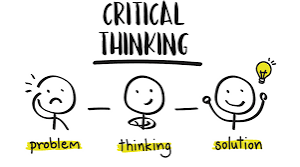Critical thinking and problem-solving abilities are crucial in the fast-paced world of today to overcome obstacles in the job, in school, or in one’s personal life. Gaining these abilities can help you achieve more success and fulfillment in a variety of situations, from making wise decisions to resolving challenging issues. This thorough book will explain what critical thinking and problem solving are like and offer helpful advice on how to improve them.
Table of Contents
Knowing How to Think Critically:
Critical thinking is the capacity to gather, assess, and synthesize data in order to make well-informed conclusions or decisions. It entails employing logical thinking, evaluating other viewpoints, and challenging presumptions.
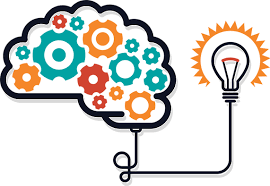
These are some essential elements of critical thinking:
- Analysis: Dissect material into its constituent pieces to comprehend its organization and applicability.
- Evaluation: Determine the veracity, accuracy, and applicability of the data and arguments.
- Inference: Make sense of the facts and reasoning by drawing logical conclusions.
- Problem Identification: Accurately and clearly identify problems or difficulties.
- Creativity: Use creative problem-solving strategies and divergent thinking to produce original concepts and solutions.
- Reflection: To improve thinking abilities, consider one’s own mental models, prejudices, and presumptions.
Developing Critical Thinking Capabilities:
- Ask Questions: Use insightful inquiries like “Why?” and “How?” to probe presumptions and gain a better knowledge.
- Consider Different Points of View: Avoid becoming closed-minded by taking into account different points of view and weighing their merits.
- Seek Reliable Sources: To prevent prejudice and false information, confirm information from reputable sources.
- Practice Active Listening: Pay close attention to what others have to say and take into account their points of view before passing judgment.
- Participate in Debate and Discussion: To hone analytical abilities and polish arguments, take part in productive debates and conversations.
- Solve Brain Teasers and Puzzles: Take part in games, puzzles, and riddles that need critical thinking.
- Reflect on Decisions: Examine previous choices to pinpoint your critical thinking abilities, shortcomings, and opportunities for development.
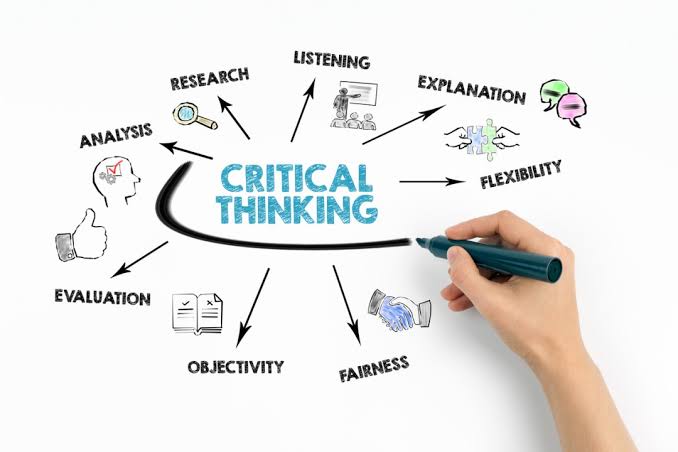
Having an understanding of problem solving:
The process of resolving difficult or complex problems is known as problem-solving. It entails determining the issues, coming up with and assessing viable solutions, and carrying out the best plan of action.
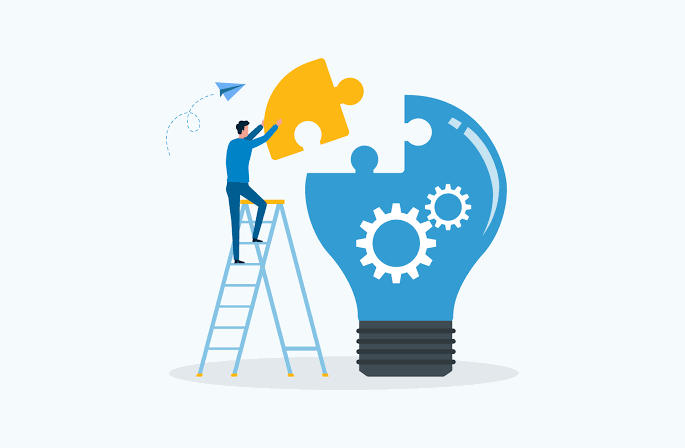
In order to solve problems, follow these steps:
- Problem Identification: Analyze the fundamental causes and implications of the problem or challenge to clearly characterize it.
- Brainstorming: Come up with a variety of ideas without bias or criticism.
- Evaluation: Consider each possible solution’s viability, efficacy, and ramifications.
- Decision Making: After carefully examining all pertinent information, decide on the best course of action.
- Implementation: Create an action plan and carry out the selected course of action successfully.
- Evaluation: Reflect on the outcomes of the solution and adjust strategies as needed based on feedback.
Improving Your Ability to Solve Problems:
- Split Complex Problems: To aid in analysis and solution development, break up big problems into smaller, more manageable components.
- Collaborate with Others: To obtain a variety of viewpoints and insights, enlist the help and cooperation of classmates, mentors, or coworkers.
- Use Systematic Approaches: Utilize frameworks for systematic problem-solving, such as SWOT analysis or the scientific method, to direct the process.
- Think Creatively: To get over obstacles and come up with original ideas, consider non-traditional or unusual solutions.
- Practice Persistence: Keep your composure in the face of failures or difficulties, and keep going until an acceptable solution is discovered.
- Learn from Mistakes: View setbacks as teaching moments and modify tactics in light of your newfound knowledge.
- Remain Adaptable: Be prepared to alter plans or directions in the event that new knowledge or unanticipated events occur.
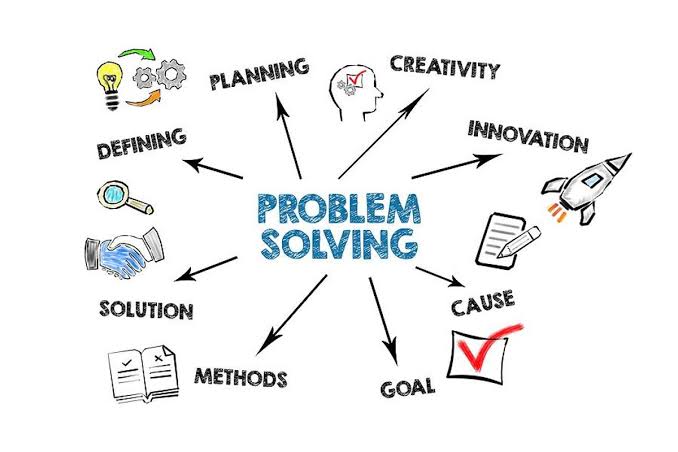
Conclusion:
Problem-solving and critical thinking are vital abilities that enable people to successfully negotiate complexity, make wise judgments, and overcome obstacles. Through consistent practice, introspection, and lifelong learning, anyone may develop these abilities and improve their capacity for critical thought, creative problem-solving, and all-around success. In order to overcome any challenge that comes your way, embrace the journey of intellectual growth and release the power of your mind.

